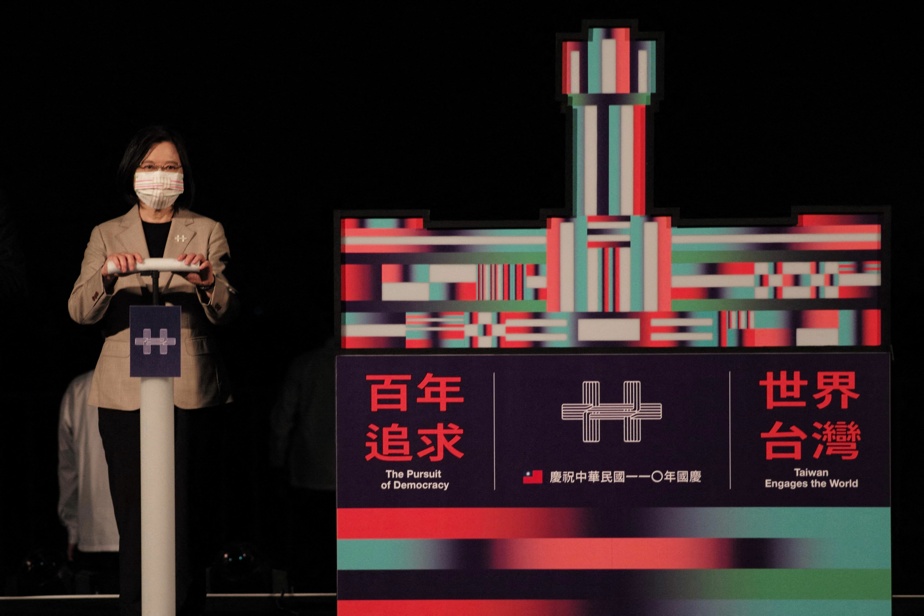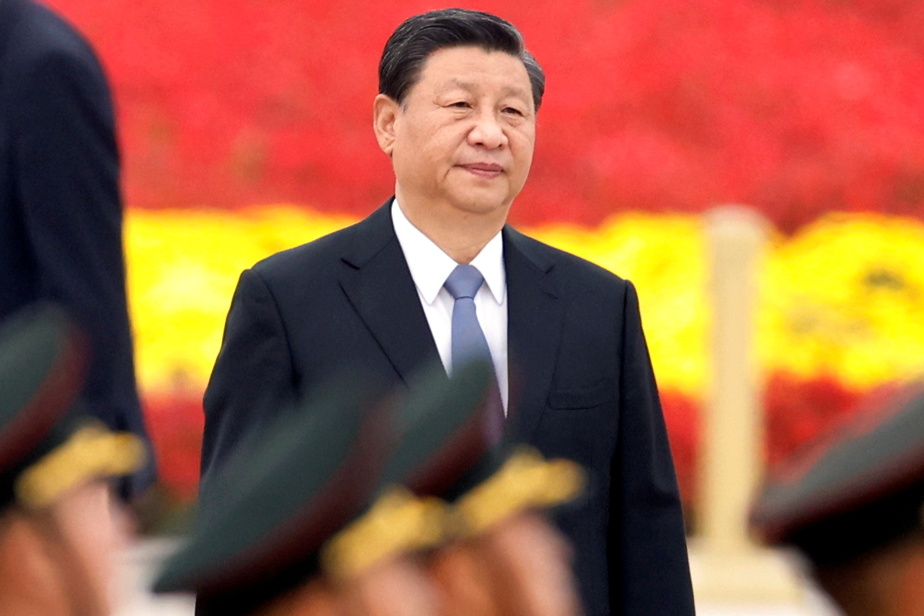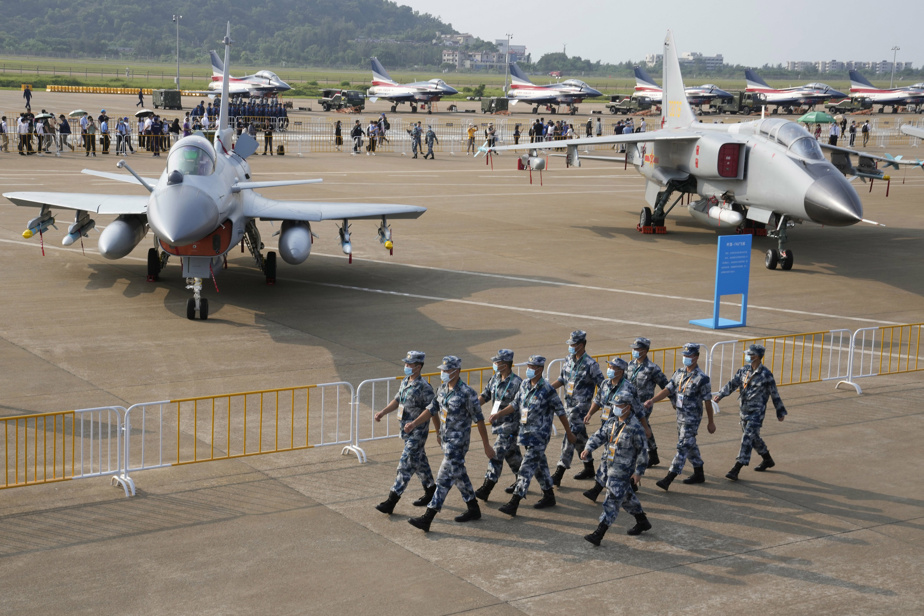China, eager to control Taiwan, is stepping up its military maneuvers to intimidate while heightening warnings against the Taipei regime, raising the risk of slipping.
Beijing has significantly increased its flights in the island’s air defense zone since the beginning of the year without penetrating its official airspace, reaching the limit of deploying 56 aircraft and bombers during a record flight at the beginning of the week.
Taiwan Defense Minister Chiu Kucheng said a few days ago that the military tensions between the two countries have reached a level not seen in 40 years.
The United States, which supports Taiwan in the face of pressure from China without recognizing the island’s independence, has called for calm by accusing the regime of Chinese President Xi Jinping of carrying out “provocative” actions that are likely to “undermine regional peace and stability.”
The Biden administration has also warned that its support for the regime of Taiwanese President Tsai Ing-wen remains “rock solid”.

SAM YEH PHOTO, Agence France-Presse Archives
Tsai Ing-wen, President of Taiwan
The recall was not fortunate enough to attract Chinese hardliners. In an editorial, Global Times A few days ago, they warned the supporters of the head of state, who is still harsh against calls for unity, “not to continue playing with fire.”
“They should understand that the level of mainland China’s willingness to use force against Taiwan’s separatist forces has never been higher,” the ultra-nationalist daily warned.
‘Option of last resort’
The current escalation in tension around the island comes as Chiang Kai-shek’s nationalist government took refuge in 1949 to escape Mao Zedong’s communist forces after decades of twists and turns.
However, it would be too hasty to see it only as an inconsequential outbreak, believes David Sachs, a region specialist attached to the Council on Foreign Relations in Washington.
“China is not only making a symbolic display of its military might,” warns the analyst, who sees the spread of flights, the increasing formation of squadrons and the complexity of the maneuvers being carried out as a sign that Beijing is actively seeking to increase its logistical capabilities with the goal of a hypothetical seizure of the island by force.

Photo by Carlos Garcia Rawlins, Reuters Archives
Xi Jinping, President of the People’s Republic of China
Sachs notes that President Xi Jinping feels in a position of strength after the chaotic US withdrawal from Afghanistan and the aggressive takeover of Hong Kong, where a national security law has allowed Beijing to suppress any tendency to protest without causing any international backlash. .
“I think the Chinese invasion of Taiwan will still be very costly and that the regime continues to consider it an option of last resort,” notes the analyst, who would like to hear the US administration tighten up to do the right thing. China understands its intention to do so.
The fact that Washington reiterates that its commitment to Taiwan is “too solid” indicates a significant, but insufficient, semantic shift, he says, from the traditional position of “strategic ambiguity” that the United States does not. It does not clearly state whether it would intervene militarily in the event of an attack on Beijing.
“We have to make it clear to Beijing that the cost of paying will be very large,” said Sachs, who sees the recent announcement of a strategic alliance between the United States, Australia and the United Kingdom as another development likely to affect Beijing. Read the current geostrategic situation.
common front
Guy Saint-Jacques, a former Canadian ambassador to China, points out that it is also important to take into account current developments within the Chinese political class.
He said Xi Jinping is currently concerned about the impact of economic developments in China, where the announced collapse of a real estate giant and persistent stark inequalities have fueled discontent.
The analyst notes that the use of the national card has served the Chinese strongman very well in the past, which in particular gained strong popular support with the takeover of Hong Kong.
An attack on Taiwan, or at least an escalation of tensions, could turn out to be an interesting way to “distract the public,” notes Saint-Jacques, who is concerned that accidental military clashes could lead to a fire.
He said Western countries, including Canada, should unite to deter any attack on Taiwan.
Sachs says he hopes that the crisis over the arrest of Huawei CEO Meng Wanzhou and the subsequent detention of two Canadian citizens in China has made Ottawa realize that a conciliatory approach is unlikely to work.

“Extreme twitteraholic. Passionate travel nerd. Hardcore zombie trailblazer. Web fanatic. Evil bacon geek.”


